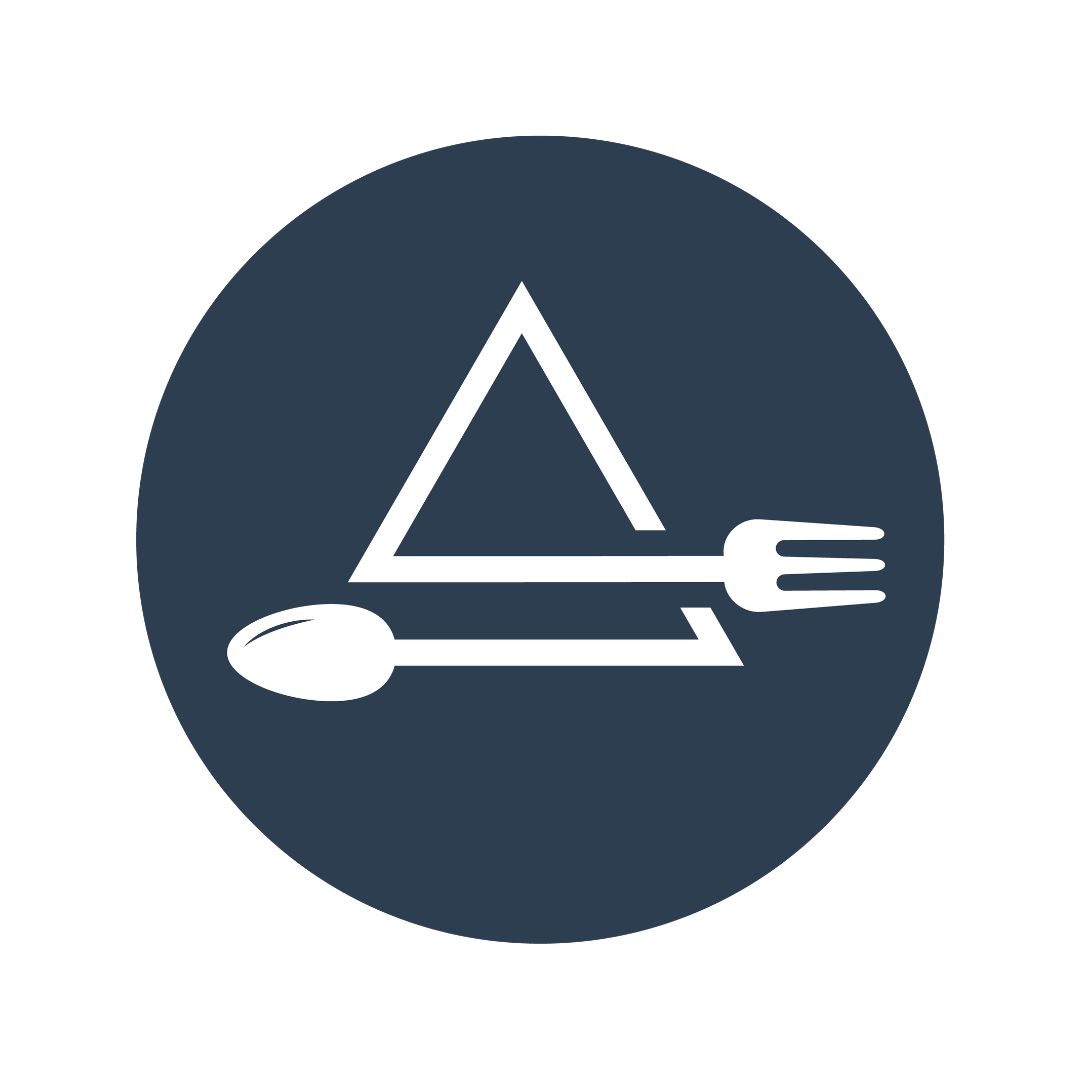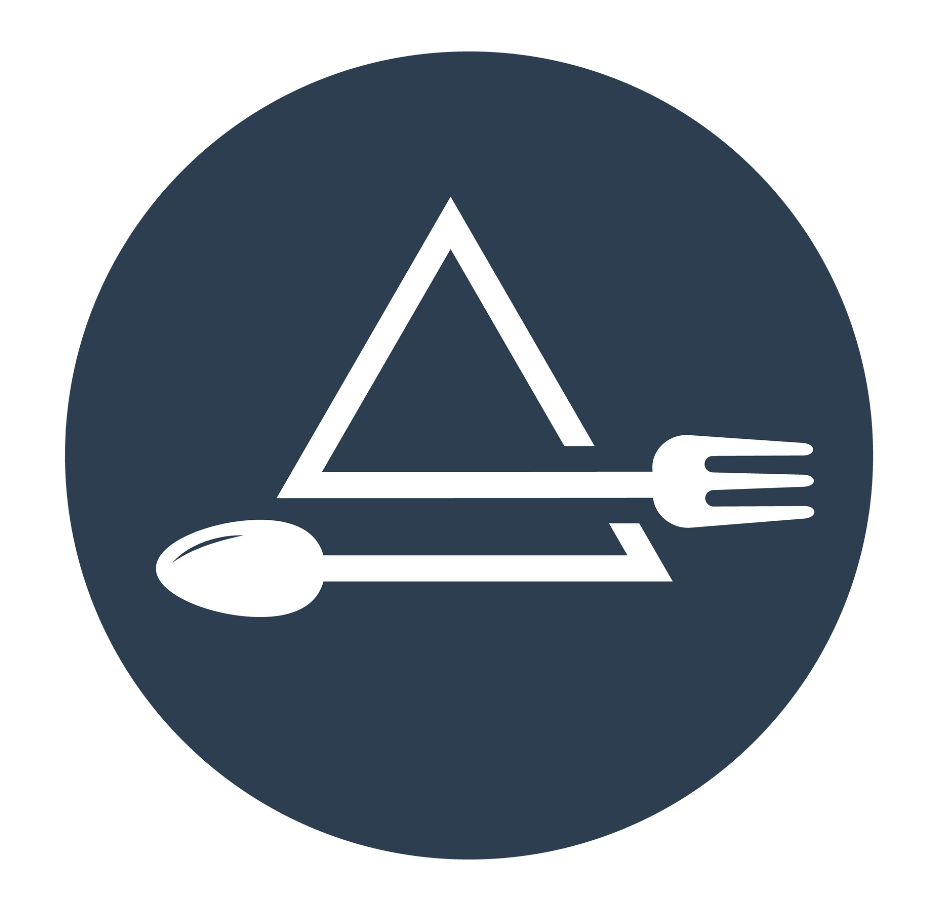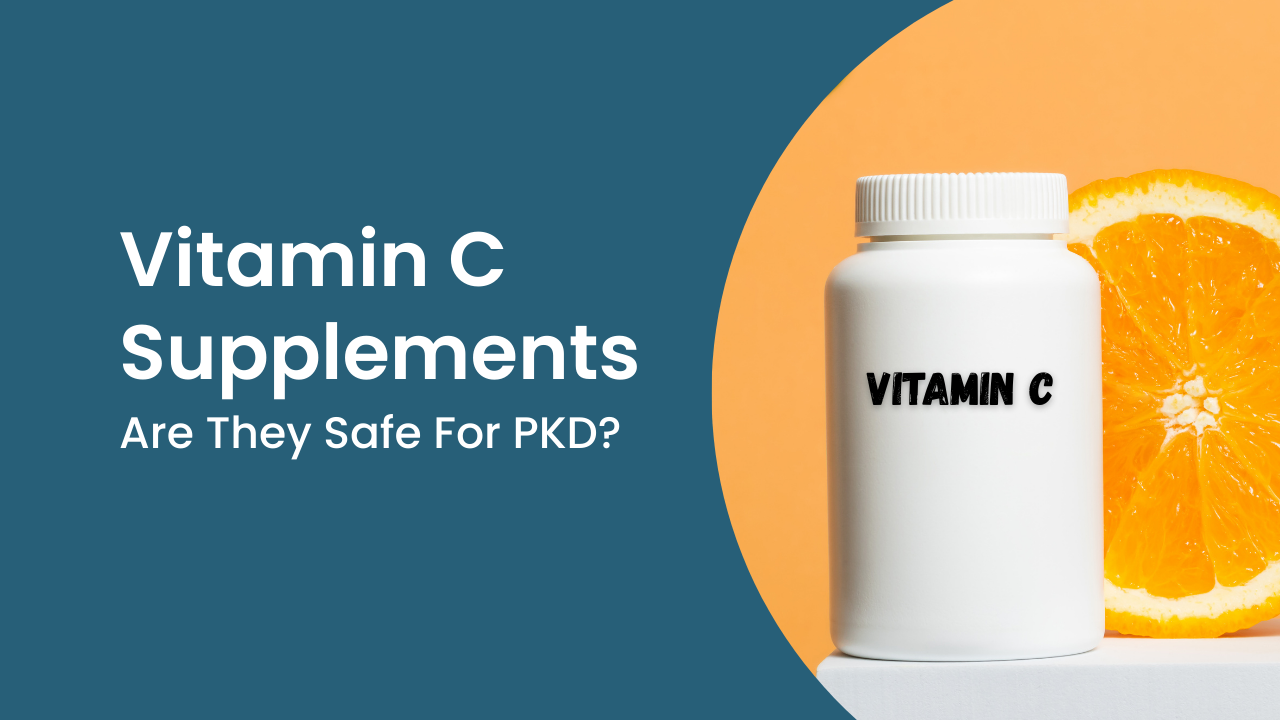
Vitamin C Supplements: Are They Safe For Polycystic Kidney Disease?
Aug 16, 2023Is Vitamin C good for the kidneys and Polycystic Kidney Disease?
In this blog, we will explore Vitamin C, its beneficial roles in the body, how much you need and how to get it through diet, how much is too much, and if supplementing with Vitamin C is good for PKD.
While Vitamin C supplements are generally regarded as safe it’s important to know that a high dose may have unintended consequences for PKD. Keep reading to learn more.
What Is Vitamin C
Vitamin C, also called ascorbic acid, is both a vitamin and an essential nutrient. Being essential just means our bodies can’t make Vitamin C and we have to get it from an outside source, from diet or supplements.
Because Vitamin C is water-soluble, our bodies store very little of it. Any excess gets filtered by the kidneys and excreted in the urine. Naturally, the richest sources of Vitamin C are fruit, especially citrus, and vegetables.
Vitamin C plays a role in:
- Protecting body cells from damage
- Wound healing
- Keeping blood vessels healthy
- Increasing the absorption of iron
- Maintaining a healthy immune system
Let’s take a look at the beneficial roles Vitamin C has in the body.
Antioxidant Properties
Vitamin C is a powerful antioxidant. It plays an important role in protecting the organs in your body, including your kidneys, from free radicals and the damage they cause.
Free radicals as unstable molecules that can cause stress, damage, inflammation, and contribute to aging. Think of Vitamin C as having superpowers that help fight, and limit the damage caused by free radicals by neutralizing them and oxidative stress. (1)
Wound Healing
Vitamin C is needed to make collagen, which is a protein in the body that is the building block of skin, bones, and muscles. The good news is that you don’t need to take a supplement (really!), your body naturally produces collagen. Vitamin C is an essential component needed for collagen synthesis. (2)
Think of collagen as a firm, but elastic web that connects and holds your skin and body together. When there is a wound, big or small, new collagen needs to be laid down to help it heal. Poor intake of Vitamin C can reduce collagen production and lead to slower wound healing. (3)
A well-balanced diet provides enough Vitamin C, and the other components needed for the body to naturally make collagen. During times of recovery, like after major surgery, there is a chance supplemental Vitamin C may be recommended for a specific time frame to aid with healing. (4)
Immune System Support
Vitamin C supplements are frequently touted as being able to “boost” your immune system, and the higher the dose the better. This isn’t quite true. Vitamin C plays a supporting role in the immune system. (5) It is needed by numerous cells and enzymes, that are part of the immune system, to function as they should. (6)
For example, when needed, Vitamin C helps stimulate white blood cells (WBC) which play a key role in defending against infections. (7) High doses of Vitamin C don’t “help” them function better. A deficiency can however weaken the immune system.
Vitamin C is also vital to your skin’s defense system. Skin is the largest organ of the body and acts as the first line barrier and defense against infection. It’s a vital part, and barrier in, your immune system. Your body actively transports Vitamin C to your skin where its antioxidant properties help support and strengthen skin as a healthy barrier. (8)
Anemia Prevention
Anemia occurs when the body doesn’t produce enough hemoglobin (Hgb), which leads to a decreased ability to carry oxygen to all parts of the body. Iron is one of the main components needed to make hemoglobin. Not getting, or absorbing, enough iron can cause iron deficiency anemia.
There are two forms of iron: heme iron, found in animal-based foods, and non-heme iron, found in plant-based sources such as beans, lentils, and leafy greens. Non-heme iron is typically less efficiently absorbed by the body than heme iron. (9,10)
This is where Vitamin C comes in as beneficial. Vitamin C helps prevent iron-deficiency anemia because it enhances the absorption and usage of plant-based iron, that non-heme iron. (11,12)
Consuming Vitamin C-rich foods like citrus fruit, bell peppers, strawberries, and broccoli alongside iron-rich food increases the absorption of iron and can significantly contribute to maintaining healthy iron levels. This is especially beneficial for vegetarians and vegans. 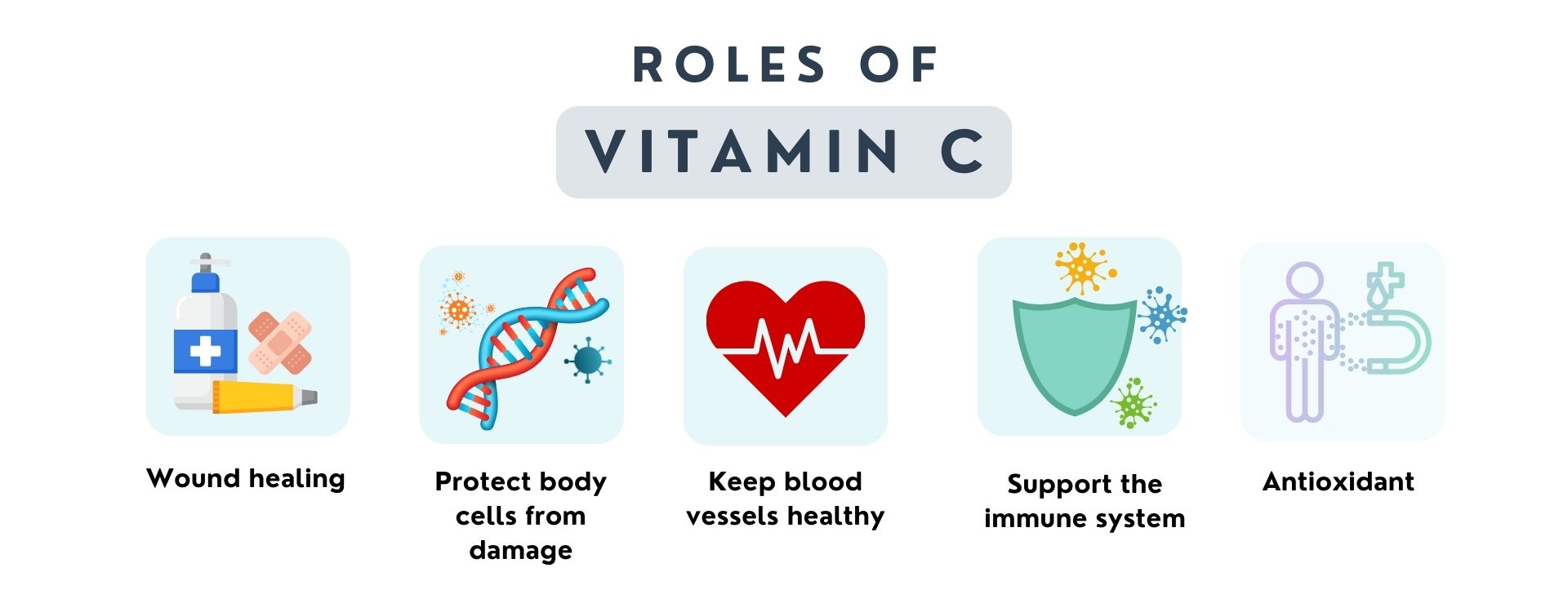
Recommended Intake
RDA (Recommended Daily Allowance)
Current guidelines, the RDA, for daily Vitamin C intake are:
- Men = 90 mg
- Women = 75 mg
The recommended daily allowance (RDA) was increased in 2000 to better align with a vitamin C intake associated with antioxidant function and benefits. Previously, the recommended daily amount was solely to prevent deficiency and scurvy. The RDA is based on the average intake found adequate for most “healthy” people. (13)
The recommended intake, the RDA, for Vitamin C is no different for people with Chronic Kidney (CKD) or Polycystic Kidney Disease (PKD). Of course, there are mixed opinions and thoughts on this.
Eat To Meet Your Needs
How do you meet your needs? Aim for 1 ½ to 3 cups of a variety of fruit and vegetables each day and you will get about 150-200 mg of Vitamin C. Believe me, it adds up quickly and is easier than you think.
Sources of Vitamin C
Citrus fruit like oranges, strawberries, kiwis, and vegetables such as bell peppers and broccoli are excellent sources of vitamin C. If needed, vitamin C supplements can be considered, but always consult with your MD and Dietitian (RD) before starting any new supplement.
Food Rich In Vitamin C
Most people can meet their vitamin C needs through diet.
Fruits and vegetables rich in Vitamin C, include:
- Red pepper ½ cup = 95 mg
- Kiwi, 1 medium = 64 mg
- Green peppers ½ cup = 50 mg
- Broccoli, ½ cup cooked = 51 mg
- Strawberries ½ cup = 49 mg
- Brussel sprouts, ½ cup cooked = 48 mg
- Orange, 1 medium = 70 mg
- Cantaloupe ½ cup = 29 mg
- Cabbage, ½ cup cooked = 28 mg
- Cauliflower, ½ raw = 26 mg
- Tomato, 1 medium = 17 mg
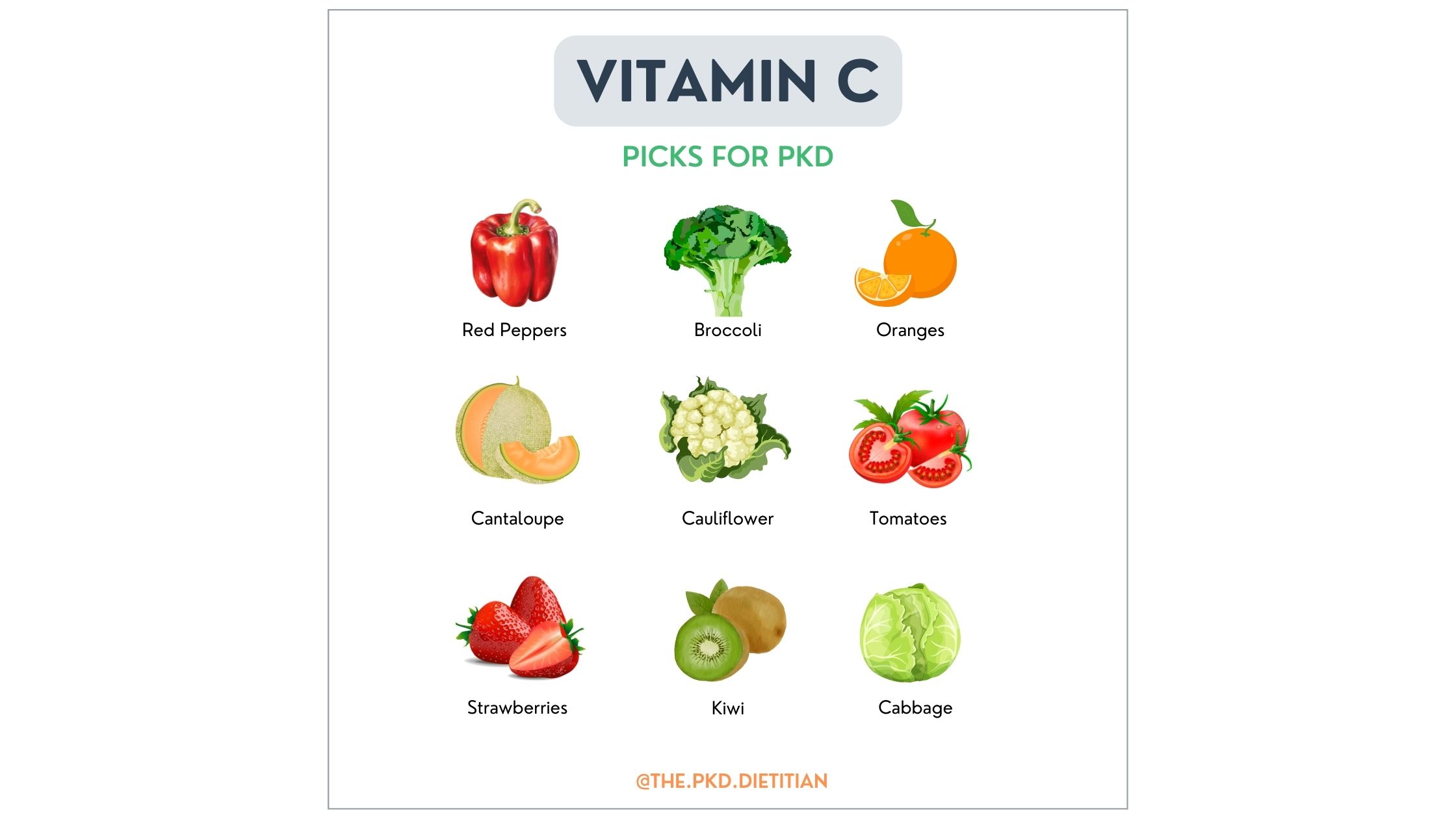
Source: FoodData Central
Fortification
Some foods and beverages are fortified with Vitamin C. The U.S. Food & Drug Administration (FDA) does not require food labels to list Vitamin C content unless Vitamin C has been added. To find out if Vitamin C has been added, check the label.
On a food label, vitamins are listed as a % of Daily Value (DV). For Vitamin C, 100% DV is equal to one serving of that product providing 90 mg.
Although vitamin C is not naturally present in grains, breakfast cereals are frequently fortified with it along with fruit juices, drinks, and punch. (14)
Supplements
Vitamin C is abundantly available as a supplement. Both as a standalone supplement and as part of a combination of nutrients, like in a multivitamin (MVI). Seems like it is added to everything these days including cough drops, probiotics, and anything being marketed as “immune support”.
The amount of Vitamin C added to all these products varies greatly. Many MVIs contain the Daily Value (DV) for Vitamin C, which is 90 mg. The amount in MVIs can vary from 600 mg to 1000mg per serving.
The best way to know how much Vitamin C is added to your supplement is to flip it over and look at the label. Check out this article on how to read dietary supplement labels for more guidance. Many people take vitamin C supplements in unnecessarily high doses, so it's worth knowing what you are taking.
Can You Get Too Much?
Upper Limit
Vitamin C has a low risk of toxicity for healthy people, and it is generally viewed as safe. The Upper Limit (UL) for Vitamin C is 2000 mg. (15) The main reason Vitamin C has a recommended Upper Limit is not that an intake of this amount will cause direct harm necessarily, but because at this level there is a much higher risk of gastrointestinal (GI) issues like nausea, stomach cramps, and diarrhea. (16)
Can You Get Too Little?
Deficiency
Vitamin C deficiency is pretty rare nowadays in developed countries. Scurvy is a disease caused by a Vitamin C deficiency that is characterized by fatigue, bleeding gums, overall aching limbs, and infections. (17) Not having access to, or eating enough fruits and vegetables is the main cause of Scurvy. (18)
Vitamin C Absorption
There is only a certain amount of Vitamin C the body absorbs at one time, and it’s less than you think. At least, less than all the marketing out there promoting Vitamin C supplements as a “cure-all”.
When consumed, or taken, in a moderate dose of 30-180 mg/day, up to 90% of that is absorbed and available for the body to use. (19) Higher doses, > 500 mg, have a lot less of their total Vitamin C absorbed. Our bodies are smart, your kidneys are smart. Once they get the Vitamin C they need, the rest is considered waste and removed. (20)
Looking at even higher doses, like those in products like Airborne, the 1000 mg of Vitamin C touted in them is absorbed at about 50%. The higher the dose, the less is absorbed. Instead, all that extra, and intentionally added Vitamin C, is broken down and excreted in urine as waste. (21) When Vitamin C is broken down, oxalate waste is one of its byproducts.
Vitamin C and PKD
A diet rich in Vitamin C is good for PKD. Vitamin C functions as an antioxidant and can help regulate and remove some free radicals and prevent inflammatory damage. Both of these can damage the kidneys, both of which play a role in PKD progression. (22) So, more Vitamin C is better for PKD, right?
Not exactly. Remember, your kidneys are filters and remove waste and toxins from your blood. That includes excess Vitamin C waste and any byproducts having excess produces. (23)
Supplemental Vitamin C is known to increase the concentration of oxalates in urine. Taking higher doses of Vitamin C (> 1000 mg), from supplements, increases your risk of kidney stones, not to mention it generates a bunch of excess oxalate waste that then needs to be filtered by the kidneys. (24) Two things you for sure want to avoid with Polycystic Kidneys.
Kidney Stones
An excessive intake of Vitamin C, from supplements, can increase the production of oxalate waste. Your liver takes that extra Vitamin C, that you can’t use, and breaks it down. Oxalates are a waste produced through the metabolism of Vitamin C and can combine with calcium to form kidney stones. (25)
Normally, the amount of oxalate produced from Vitamin C is relatively small and does not pose a significant risk to kidney health. However, when Vitamin C intake exceeds the body's requirements, the excess vitamin C is converted to oxalate.
Excess vitamin C is removed by the body as oxalate, a waste product. In some cases, though, oxalate may form crystals and lead to kidney stones. Consuming too much supplemental Vitamin C can increase the amount of oxalate in your urine and increase your risk of developing kidney stones.
For a more in-depth look, check out my blog Kidney Stone Risk & Polycystic Kidney Disease, are they connected?
Several studies have explored the association between high-dose vitamin C supplementation and kidney stones. (26,27) In one study, primarily looking at males, 1,000 mg/d or more of total Vitamin C intake was associated with a 41% higher risk of stones. (28)
High supplement Vitamin C intakes have the potential to increase urinary oxalate and uric acid excretion (29), which could contribute to the formation of kidney stones, especially in individuals with kidney disease and disorders. (30)
Know this though, don’t limit food sources rich in Vitamin C for fear of increased oxalate production or kidney stone formation. Eating more fruits and vegetables, including those rich in Vitamin C, is associated with having fewer kidney stones. It is only supplemental Vitamin C at higher doses that increased stone risk and oxalate formation. (31)
I want to be very clear here, eating a variety of Vitamin C-rich foods will never cause you an excess of Vitamin C or harm. It is only supplementation that will increase PKD kidney stressors and cause potential injury.
Key Takeaways
While vitamin C is an important nutrient for your PKD health, it's essential to strike a balance between getting enough through diet and avoiding excessive intake of supplements. Having a variety of fruit and vegetables is the best way to ensure you are meeting your needs and getting Vitamin C’s Perks For PKD.
Vitamin C
• Plays a supportive role in your immune system
• Help fight free radicals and prevent further kidney damage
• Is best absorbed in lower amounts, naturally occurring amounts
• You can get 100% of what you need from your diet
• If you want to supplement C, talk with your MD and RD
• Anything > 500 mg is really only generating waste
• Oxalate is a waste product of Vitamin C
• Avoid high-dose supplements > 1000 mg
Happy & healthy eating & supplementing,
Diana, The PKD Dietitian
